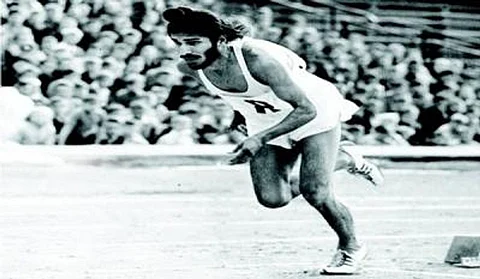ALSO READ: the growth of sports betting market 2
When Col Wahi asked Khaliq about an athlete with the same name from his country who had competed against Milkha, the Pakistani replied, "Janaab, I am the same man." After exchanging notes, Subedar Khaliq urged Col Wahi to help a fellow army man who had suffered a deep bayonet wound. The request was granted, and surgery was performed, according to a report in Tribune India. When the orders were given for his release by the then Indian Prime Minister, Indira Gandhi, Khaliq reportedly refused, saying he would like to be released with his countrymen. (IANS/JC)


